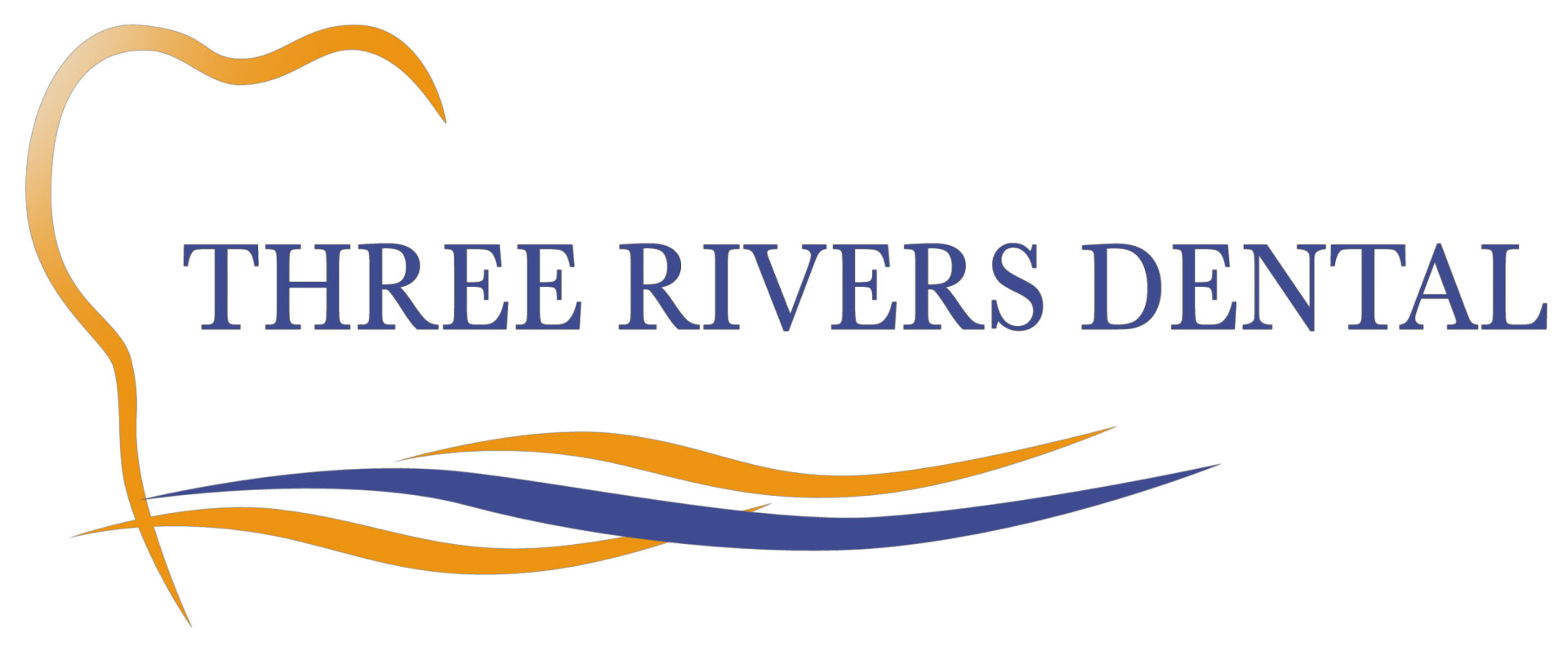Proper oral care following dental procedures can reduce complications and speed healing of treated areas. Regular dental care and oral hygiene is important, particularly following a dental procedure. Check out our post-treatment care tips for common dental procedures.
Tooth Extraction and Dental Implant Post Treatment Care
- For 24 hours following oral surgery or extraction, do not suck on a straw, brush, rinse, spit, or smoke.
- Depending on the sedation method and anesthetic used, patients will typically be numb for a few hours. For dental treatments other than oral surgery or extraction, do not eat until the numbness has worn off, usually 1-3 hours following a procedure.
- Discomfort may be experienced for at least the first week following a dental procedure. Use prescribed medication or prescribed oral rinses as directed. Never take pain medication on an empty stomach or with alcohol. For mild discomfort, an over-the-counter acetaminophen or ibuprofen pain medicine can be taken to decrease swelling or pain. A cold compress gently applied for 10 minutes to the facial area of the treatment site may also alleviate discomfort and reduce swelling.
- Warm saltwater rinses help gums heal faster and can be helpful in stopping oral bacteria growth. Healthline reports saltwater rinses can also prevent painful dry sockets that can occur after extractions. Rinse gently with a saltwater solution (¼ teaspoon of salt in approximately 8 ounces of warm water) the day following dental procedures. For extractions in particular, starting the day following surgery, rinse gently with the saltwater solution at least 3 or 4 times a day for a 5-day period.
- See your dentist for a follow-up appointment and schedule routine dental examinations. If severe discomfort is experienced following an extraction or dental implant procedure, or if there are any questions regarding post-treatment care, contact your dentist immediately or call us at 1-855-NO FEARS for assistance and to schedule a dental treatment checkup.
Tooth Extractions
Post-treatment care following tooth extraction is vitally important to reduce the risk of infection.
- Minor oral discomfort following an extraction is normal. Some bleeding or oozing is expected several hours following an extraction, and in some cases, up to 24 hours. To reduce bleeding, gauze should be fluffed and gently placed over the treatment area, with moderate pressure applied by the teeth and jaw.
- On the day of surgery, following extraction, avoid vigorous rinsing or spitting, do not drink carbonated beverages, do not drink with a straw, and refrain from (or quit and kick the habit) of smoking and/or snuff, tobacco use for at least 48 hours following extraction.
- A soft, smooth (chunk-free) diet, including soups, smoothies, or yogurt is advisable during the next 24 and up to 72 hours following tooth extraction.
Dental Implants
Post-treatment care is important for retaining oral health and the optimal appearance of dental implants.
- Avoid touching the implant area with fingers, lips, or tongue.
- Avoid spitting and brushing the implant site after surgery.
- Keep the area clean using a gentle saltwater solution or prescribed mouth rinse, allowing it to flow through and exit the mouth naturally.
- Brush and floss teeth as normal, but refrain from brushing/flossing teeth near sutures.
Daily Dental Implant Care
After the implant area has healed, it is important to actively engage in a daily cleaning and oral hygiene routine for dental implant care.
- Start with an oral irrigator (water flosser) to clean gums and hard-to-reach spaces between and around teeth and implants to ensure fluoride toothpaste introduced during brushing and flossing is not rinsed away. Many water flosser brands offer rubber tip stimulators and attachments for sensitive gums and teeth to gently remove food particles trapped between implants and the gum line.
- Brush under and around the implant crown at least twice daily using a narrow-headed soft-bristle toothbrush with low abrasive toothpaste. Ask your dentist for toothpaste recommendations for dental implants. Baking soda, whitening, or tartar-control toothpaste formulas are abrasive and will scratch, not whiten implants, causing long-term damage that makes the implant vulnerable to staining.
- Following brushing, floss daily while toothpaste residue is still in your mouth with crown and bridge floss or a nylon-coated interdental brush designed to clean hard-to-reach places. Ask your dentist for implant-approved floss recommendations. Some brands not approved for implants can shed particles between implants and natural teeth, causing gum irritation.
- Rinse daily after brushing and flossing to remove toothpaste residue and keep teeth and dental implants free of bacteria and plaque.
- Visit your dentist regularly for cleanings and check-ups to monitor the health of your gums and jaw bone.
We are committed to returning every patient to great dental health. During a dental examination, health history and oral health is analyzed to determine if a patient is a good candidate for dental implants. Patients experiencing severely cracked, broken or failing teeth affected by dental decay could be candidates for tooth extraction and dental implants. Contact us today at 1-855-NO FEARS or request an appointment online. We are conveniently located throughout the Pittsburgh area in Cranberry, Greentree, and Greensburg.
